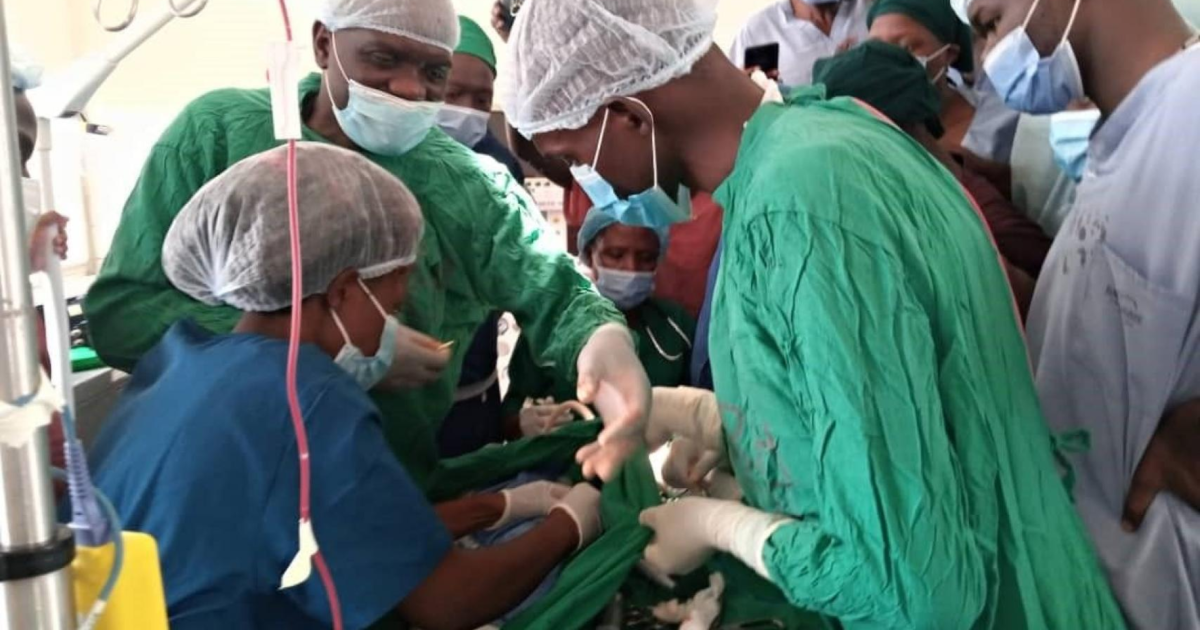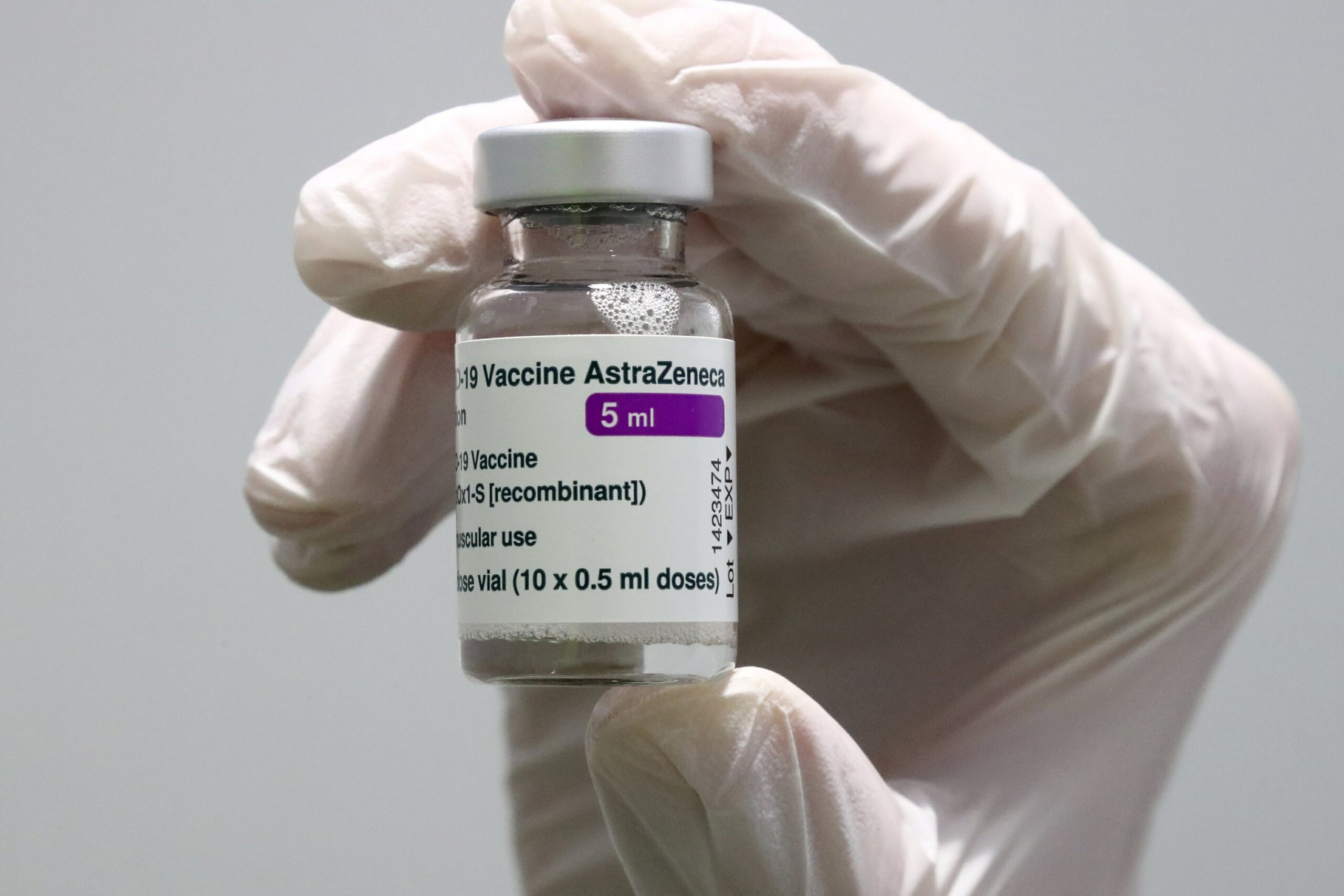A team of medics at Soroti Regional Referral Hospital has successfully separated conjoined twins comprising one alive and one dead apart.
The team led by Dr. Joseph Epodoi, the Consultant Surgeon, entered the theatre at 11:00am to conduct the complicated operation that lasted about five hours.
The twin-girls were delivered last Saturday at Amuria District Hospital to Joyce Alinga, a- 21- year- old of senior three who conceived during the COVID-19 lockdown. Alinga is a resident of Aujongor Village, Obalanga Sub County in Kapelebyong district.
But moments after the cesarean birth, one of the twins was found dead while the other was alive, prompting medics in Amuria Hospital to refer the children to Soroti Regional Referral Hospital for possible detachment. But the team in Soroti also referred the family to Mulago National Referral Hospital, where they arrived on Monday.
However, the family failed to secure an appointment with medics to carry out an operation on the children, forcing the family to return to Soroti Regional Referral Hospital on Wednesday. The living conjoined twin has been able to stay alive for six days while stuck to the other, dead baby.
Dr. Epodoi told our reporter that the conjoined twins shared the liver and chest walls, adding that by the time of the operation, the deceased twin had already started rotting.
Medical research shows that when the heart of one of the twins stops, they are likely to lose blood into the living twin and would need emergency care to save the living twin.
According to Dr. Epodoi, there are more than 80 percent chances for survival of the living child after the operation.
Dr. Epodoi explained that conjoined twins occur due to genetic abnormalities in the body system during child formation.
Conjoined twins is a rare condition characterized by fusion of separable or an inseparable part or parts of the body of genetically identical, monozygotic, monoamniotic and monochorionic twins.
Separation surgeries usually take more than 10-hours and the survival of the living twins depends on their shared systems. But there is increasing fear of sepsis to occur, when the infection from the deceased twin overwhelms the living twin’s system, causing inflammation that leads to organ failure.
This is a second time for medics at Soroti Regional Referral Hospital to perform high risk surgeries. In June 2020, the hospital successfully delivered a mother whose baby was implanted on the liver.
-URN





